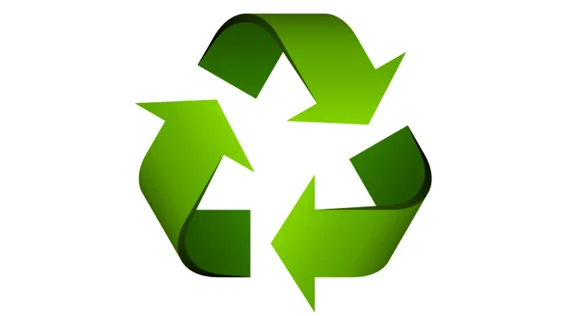
SEATTLE (Waste Advantage): The U.S. EPA will start a process to require municipal waste incinerators to report their toxic chemical emissions to the Agency’s Toxics Release Inventory (TRI), according to Public Employees for Environmental Responsibility (PEER) and the Energy Justice Network (EJN). The EPA decision comes in response to a rulemaking petition by PEER and EJN on April 3, 2023. In response to the groups’ petition, EPA agreed to commence rulemaking to cover facilities that incinerate municipal solid waste, as well as a portion of the nation’s medical waste incinerators, commercial and industrial incinerators, and pyrolysis and gasification facilities, where waste incineration is the facility’s primary business. EPA estimates that this rulemaking would cover 60 facilities.
When these facilities burn waste, they produce hazardous air pollutants including particulate matter (PM2.5 and PM10), carbon monoxide, acid gases, nitrogen oxides, per- and polyfluoroalkyl substances (PFAS) and cancer-causing dioxins. In addition, incinerator ash is full of toxic chemicals, and when transported, recycled into roads, or landfilled (especially when used in place of soil to cover landfills at night), can blow into communities and leach into water supplies. Currently, only facilities that incinerate hazardous waste are required to report information on their toxic releases to the TRI.
The Agency denied the groups’ request to include all medical waste and sewage sludge incinerators, commercial and industrial solid waste incinerators, other solid waste incinerators, and pyrolysis and gasification units in the TRI, choosing to limit it by not including facilities where incineration is a “minor aspect of the overall activities taking place at the facility” such as sewage sludge incineration at a sewage treatment plant, or medical waste incineration at a hospital, noting also that many “commercial and industrial solid waste incinerators” and “other solid waste incinerators” are already included where they take place at facilities already covered by TRI reporting requirements. In giving a reason for denying these parts of the petition, EPA stated that it “has limited resources and has other priorities for the TRI program that, at this moment in time, do not include expanding TRI coverage to include the additional industry sectors requested by the Petition.” Additionally, the Agency said it “is not foreclosing the possibility that it might propose expanding TRI to include any or all of these other types of facilities in the future.”
Courtesy: www.wasteadvantagemag.com



| Copper Scrap View All | |
| Alternator | 0.42 (0) |
| #1 Copper Bare Bright | 4.34 (-0.05) |
| Aluminum Scrap View All | |
| 356 Aluminum Wheels (Clean) | 0.82 (0) |
| 6061 Extrusions | 0.72 (0) |
| Steel Scrap View All | |
| #1 Bundle | 360.00 (0) |
| #1 Busheling | 380.00 (0) |
| Electronics Scrap View All | |